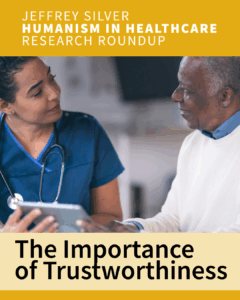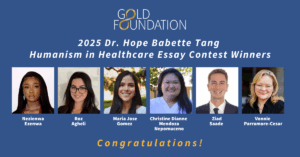By Dorothy Levine, MD
 Just Human: The Quest for Disability Wisdom, Respect, and Inclusion by Arielle Silverman, PhD, is a wonderful mix of autobiographical stories and expert social scientific analysis. The book begins when Dr. Silverman is just a few months old, and her Jewish American parents realize that she has been born blind, and follows her path of understanding, as she grows up, of what that means to herself and others.
Just Human: The Quest for Disability Wisdom, Respect, and Inclusion by Arielle Silverman, PhD, is a wonderful mix of autobiographical stories and expert social scientific analysis. The book begins when Dr. Silverman is just a few months old, and her Jewish American parents realize that she has been born blind, and follows her path of understanding, as she grows up, of what that means to herself and others.
“The word ‘blind’ has never bothered me, any more than the word ‘blonde.’ Both describe a visible characteristic of a person. Blind people can’t see, and blonde people have light-colored hair. I never put much of a value judgment on either one. For me, blindness has always felt as natural as breathing. I don’t long for sight any more than somebody might long for the ability to fly, an invisibility cloak, X-ray vision, or the ability to read minds,” Dr. Silverman writes.
She continues later, “Yet, I learned from a young age that blindness bothers many other people. I have heard of blindness described as a tragedy, a curse, a devastation, or a prison sentence. In population surveys, blindness is rated as one of the most feared ‘diseases’ surpassed only by cancer and AIDS. Much of my life has been spent on trying to understand how a condition that feels so normal and inconsequential to me would be so upsetting to outside observers.”

Author Arielle Silverman, PhD
Dr. Silverman traces that quest for understanding through her life, sharing recollections of learning at home, in the public school, at her local summer camp for blind children, at an adult training center for the blind, and at the university.
I found myself smiling broadly at her successes and silently egging her on when she fell short. In testament to her skill as a storyteller, I related easily and fully to her adventures and misadventures whether in the classroom, the kitchen, or the street (literally – see chapter 12!).
Her writing style is easy and pleasant to read, straight to the point, honest and gentle on the reader’s conscience. She is not interested in adding to anyone’s guilt, but rather in challenging people with and without disabilities to relinquish long-standing, erroneous assumptions about each other. Readers begin to understand the abilities of a blind person to function fully and capably in their communities when given the chance and the needed accommodations. She also points out the lessons her stories teach for inclusion more generally, whether across lines of race, power, intellect, wealth, or health.
Today, Dr. Silverman works as a research specialist at the American Foundation for the Blind, co-coordinates a mentoring program for blind youth, and offers trainings in a philosophy she calls “disability wisdom.” (Work in the realm of humanism runs in her family. Her father, Dr. Howard Silverman, is a past Chair of the Gold Humanism Honor Society Advisory Council.)
Just Human should be mandatory reading for anyone working in the fields of education, business, medicine, architecture, or law, especially those training students. In fact, it is a wonderful read for any parent today, too.
Just Human is available in multiple formats, including paperback, ebook, PDF, .brl, MP3, and soon in a hard-copy braille edition. Learn more on the Disability Wisdom website.
Dorothy Levine, MD, is a pediatrician and past Vice President, Gold Humanism Honor Society, at The Arnold P. Gold Foundation. She is currently Chair of the Board of Director’s Committee on Quality Improvement at Connecticut Children’s Medical Center.


